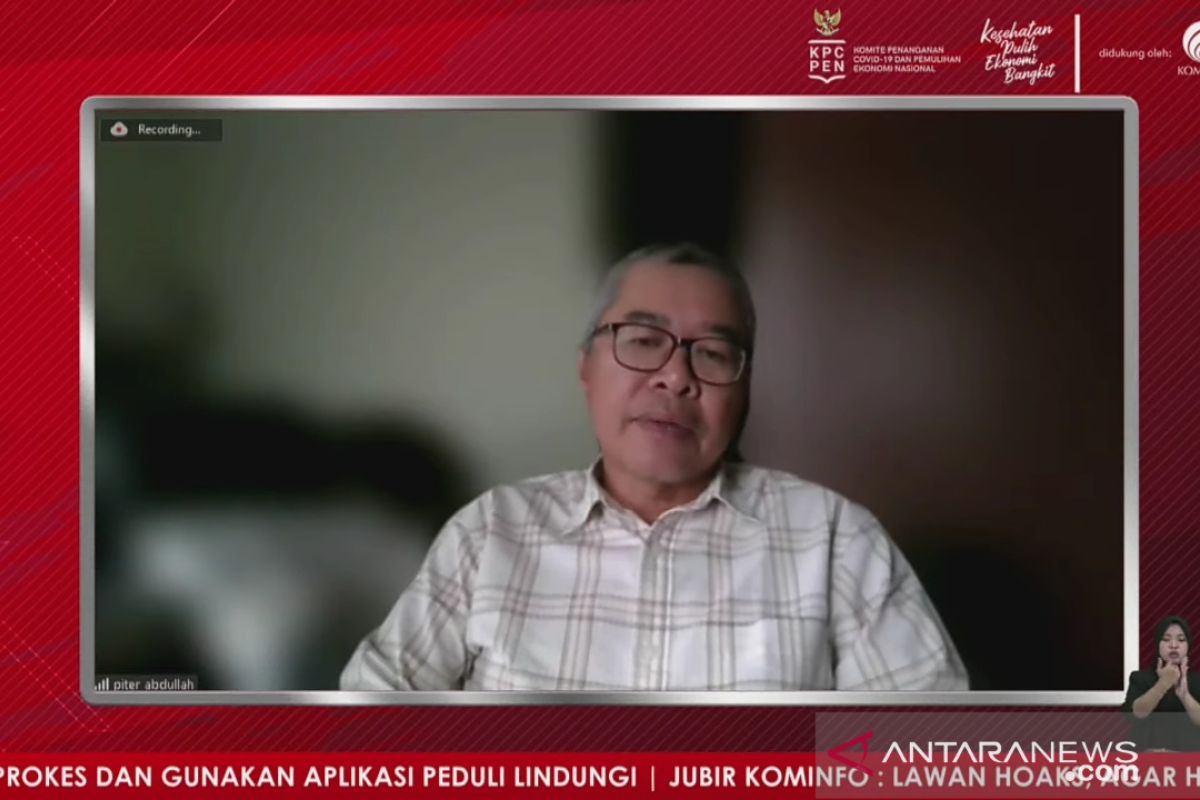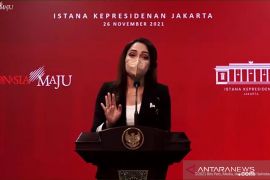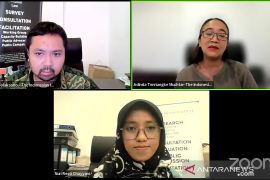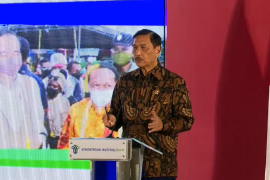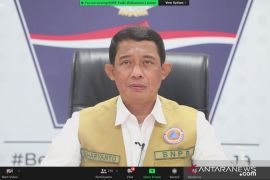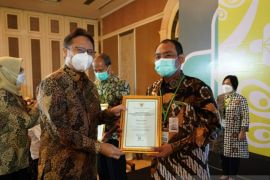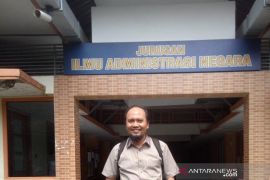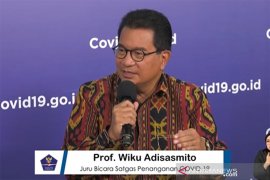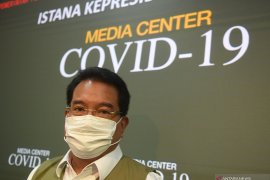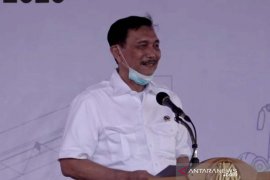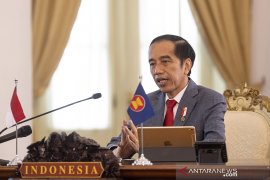"By presiding over the G20, we could set the agenda for G20 meetings with themes that are suited most to our global economic interest, though this would not be an easy task," he said during a public discussion hosted by the COVID-19 Handling and National Economic Recovery Committee (KPC-PEN) in Jakarta on Friday.
Indonesia could also set agendas favorable to other countries, such as on the global healthcare architecture, digital economy, and new and renewable energies, he said.
Unlike the International Monetary Fund (IMF) and the World Bank that regulate the global financial system, no such organization has been established for the global healthcare sector despite the sector being vital for economic development, he pointed out.
Related news: Police should maintain Indonesia's honor, trust in G20: Jokowi
"I am relieved upon learning that our Health Minister is an economist; therefore, we could shift the paradigm that population well-being is not only a healthcare issue but also an economic issue," Abdullah remarked.
After striving to tackle the economic fallout from the COVID-19 pandemic in Indonesia, the country could utilize the G20 platform to discuss measures necessary to prevent the global economy from declining further, he said.
Indonesia's economy recorded a growth of minus 2.07 percent after the COVID-19 pandemic struck in 2020, he noted.
"We could set the COVID-19 issue as part of our agenda. Besides benefiting the global community, the agenda will surely be advantageous for us," Abdullah said.
Indonesia will experience a hike in foreign tourist arrivals and revenue from the tourism industry as short-term benefits of its G20 Presidency, he informed.
"If we organize G20 meetings in one province, for instance, in Bali, I believe the province will be economically benefited by the events," the expert remarked.
Related news: Jokowi to invite G20 leaders to visit Bali mangrove conservation area
Translator: Sanya Dinda S, Nabil Ihsan
Editor: Rahmad Nasution
Copyright © ANTARA 2021
